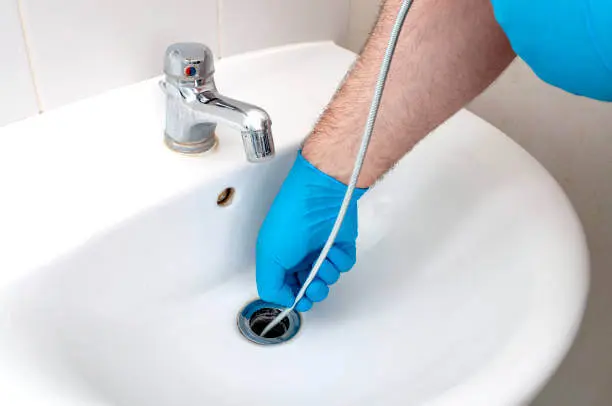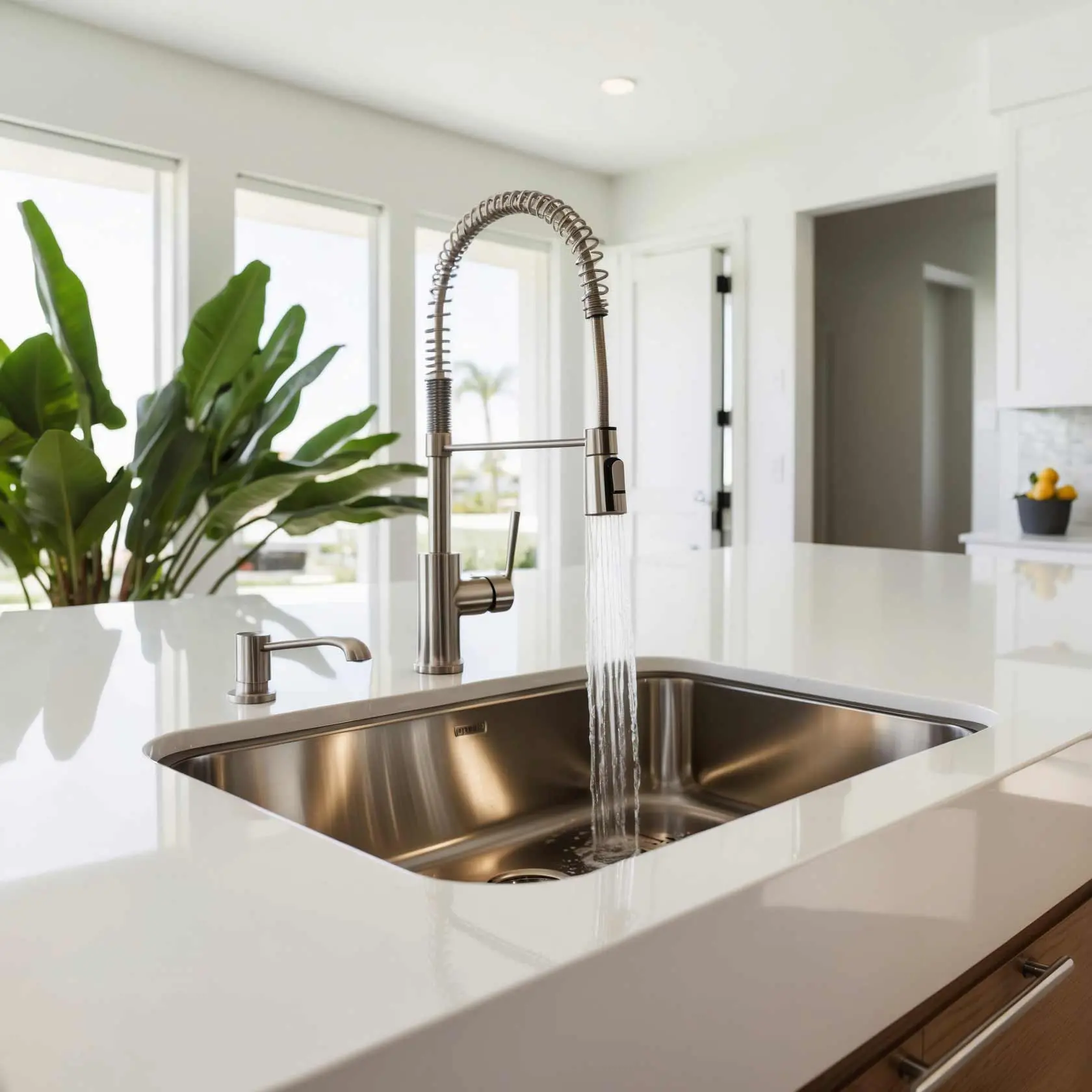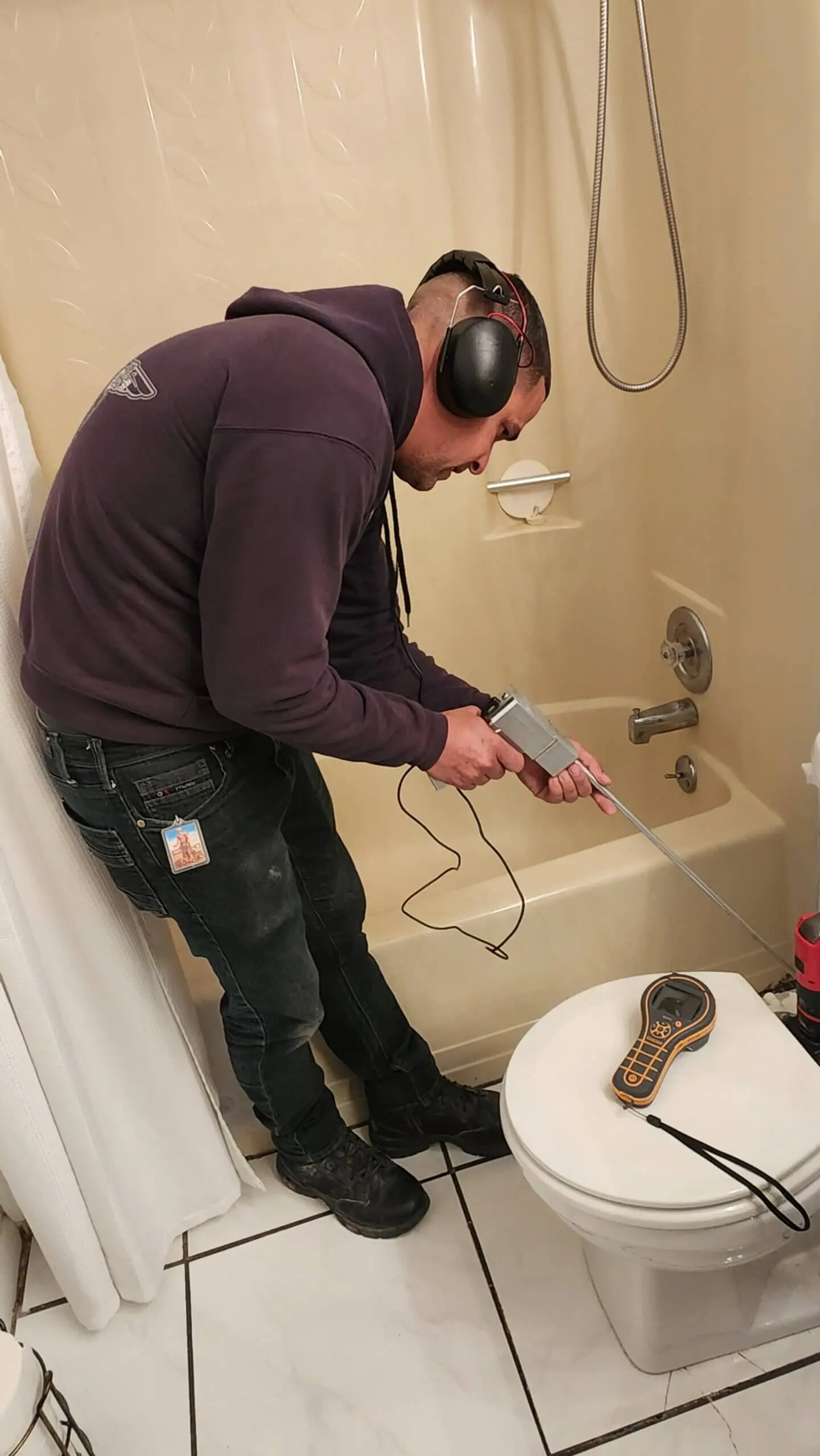Exploring Mold Remediation: Can You Remediate Mold Yourself?
Mold is a word that can send shivers down anyone's spine. It's not just an unsightly nuisance; it can pose serious health risks and structural damage to your home. In this article, we're going to dive deep into the world of mold remediation. We'll explore whether you can tackle it yourself, what methods are effective, and how much it might cost you. So grab a cup of coffee, settle in, and let's get started on this informative journey!
What is Mold and Why is it Dangerous?
Mold is a type of fungus that thrives in damp environments. It reproduces through tiny spores that float in the air and can settle on surfaces to grow. But why exactly should we be concerned about mold?
Understanding Mold Types
There are various types of mold, with some being more harmful than others. Here’s a quick breakdown:

- Aspergillus: Common indoors; can cause respiratory issues.
- Penicillium: Often found on damp surfaces; may trigger allergies.
- Stachybotrys (Black Mold): Known for its toxicity; linked to severe health problems.
Health Risks Associated with Mold Exposure
Exposure to mold can lead to a variety of health issues, including:

- Respiratory problems
- Allergic reactions
- Skin irritation
- Asthma attacks
If you're sensitive or allergic to mold, even small amounts can trigger symptoms.
How Does Mold Grow?
Mold needs three things to thrive: moisture, warmth, and organic material. Understanding these conditions will help you tackle any potential growth in your home.
Moisture Sources
Common sources of moisture include:
- Leaky roofs
- Poor drainage
- Humid climates
- Condensation from windows
Organic Material
Mold feeds on organic materials like wood, paper, and fabric. If you have any water-damaged items in your home made from these materials, they may become breeding grounds for mold.
Exploring Mold Remediation: Can You Do It Yourself?
So you've got mold – now what? Many homeowners wonder if they can handle the cleanup themselves or if it's best left to professionals.
DIY Mold Remediation: Is It Possible?
Yes! Depending on the severity of the mold problem, DIY remediation can be effective for minor infestations. However, you need to know what you're getting into.
When Should You DIY?
Consider tackling the job yourself if:
- The affected area is less than 10 square feet.
- It's not black mold.
- You feel comfortable working with cleaning chemicals.
When Should You Call Professionals?
It's best to call in the experts when:
- The affected area exceeds 10 square feet.
- The mold is black or toxic.
- There are underlying moisture issues that need addressing.
What Works: Effective Methods for Mold Remediation
If you decide to go the DIY route or just want to understand what works best in terms of remediation techniques, let's break it down.
Cleaning Solutions for Mold Removal
There are several cleaning solutions that work effectively against mold:
Step-by-Step Guide for DIY Remediation
Here's a simple guide if you're ready to roll up your sleeves:
- Wear gloves, goggles, and an N95 respirator mask.
- Use plastic sheeting to prevent spores from spreading during cleanup.
- Dispose of porous materials like carpets or drywall that can't be cleaned.
- Scrub hard surfaces using your chosen cleaner (e.g., vinegar or commercial product).
- Use fans or dehumidifiers until everything is thoroughly dry.
- Keep an eye out for any signs that mold has returned after treatment.
What Does Professional Mold Remediation Involve?
If you've opted for professional help or think you might need it down the line, here's what you can expect from their services.

Assessment and Inspection
Professionals will first assess the extent of the problem and identify all affected areas before formulating a plan of action.
Containment Procedures
They’ll set up containment zones using barriers to prevent spores from spreading throughout your home during cleanup.
Removal Techniques Used by Experts
Professionals utilize advanced techniques such as:
Post-remediation Verification Testing
After remediation efforts have been completed, professionals often conduct tests to ensure that all molds have been eradicated successfully.
What It Costs: Understanding Mold Remediation Expenses
Now let’s talk numbers because knowing what this whole process might cost is essential before diving in headfirst!
DIY Costs Breakdown
If you're considering going the DIY route, here’s a rough estimate of expenses:
| Item | Estimated Cost | |---------------------|----------------| | Cleaning Supplies | $20 - $100 | | Protective Gear | $30 - $50 | | Dehumidifier Rental | $50 - $150 |
Total estimated costs could range anywhere from $100-$300 depending on how extensive your cleanup needs are!
Professional Costs Breakdown
On the other hand, if you're hiring experts:
| Service | Estimated Cost | |-----------------------------|-------------------------| | Inspection Fee | $200 - $500 | | Remediation Services | $500 - $6,000+ | | Post-remediation Testing | $100 - $300 |
Expect total costs ranging from around $1,000 up to several thousand dollars based on severity!
FAQs about Mold Remediation
Q1: How do I know if I have mold?
Look for visible signs like discoloration on walls or ceilings or a musty smell.
Q2: Is all black mold toxic?
Not all black molds are toxic; however, Stachybotrys chartarum is particularly dangerous.
Q3: How long does it take to remediate mold?
It typically depends on severity but could range from a few hours up to several days.
Q4: Can I paint over mold?
No! Painting over mold will only cover it temporarily; proper remediation must occur first.
Q5: Will insurance cover mold remediation costs?
It depends on your policy; check with your provider regarding coverage details.
Q6: How do I prevent future mold growth?
Keep humidity levels low (below 60%), fix leaks promptly, and ensure good ventilation.
Conclusion
In conclusion, exploring mold remediation doesn't have to be daunting! Whether you decide to tackle it yourself or hire professionals depends largely on the situation's severity and your comfort level with cleaning processes involved. Remember always to prioritize comprehensive mold removal solutions safety by wearing protective gear during any cleanup efforts!
By understanding what works effectively against different types of molds—alongside grasping potential costs—you’re now armed with knowledge that empowers you toward making informed decisions regarding maintaining a healthy living environment free from unwanted fungal guests!
So there you have it! An extensive look into "Exploring Mold Remediation: Can You Do It Yourself, What Works, and What It Costs?" Whether you're dealing with a small patch of mildew or confronting something more severe like black mold—now you've got tools at hand ready for whatever comes next!